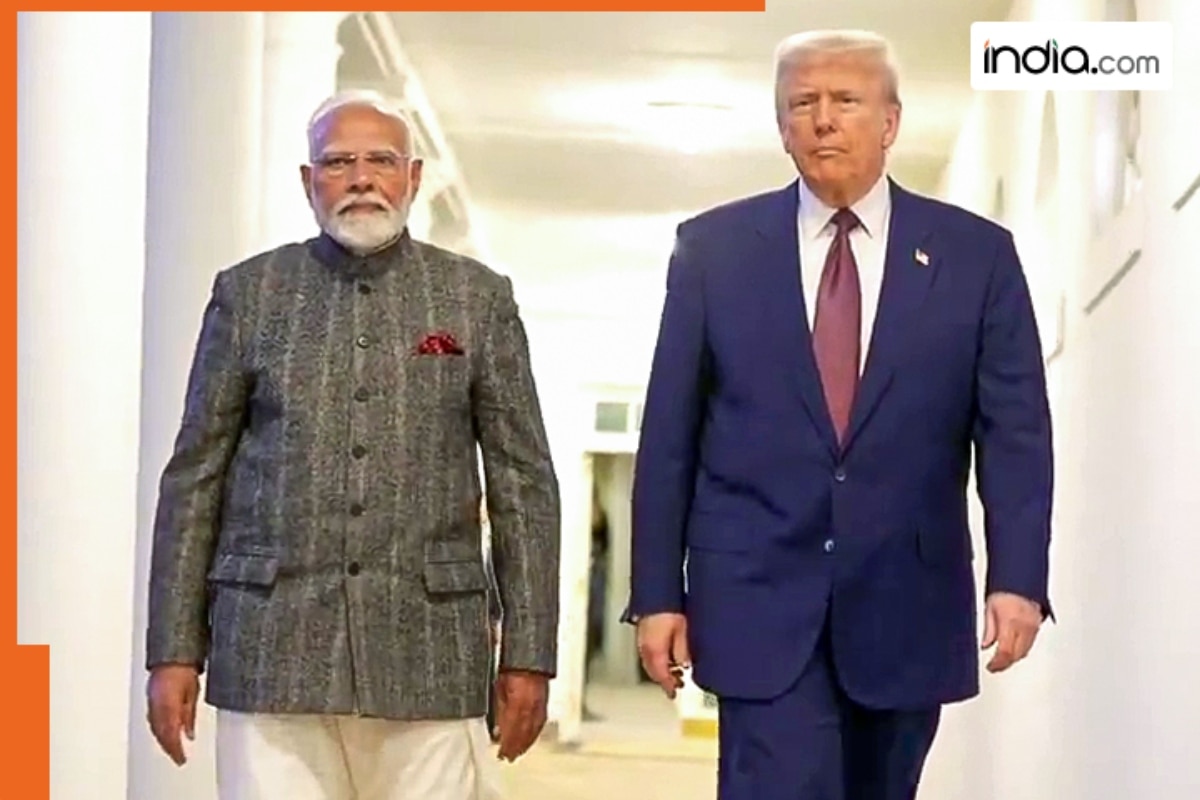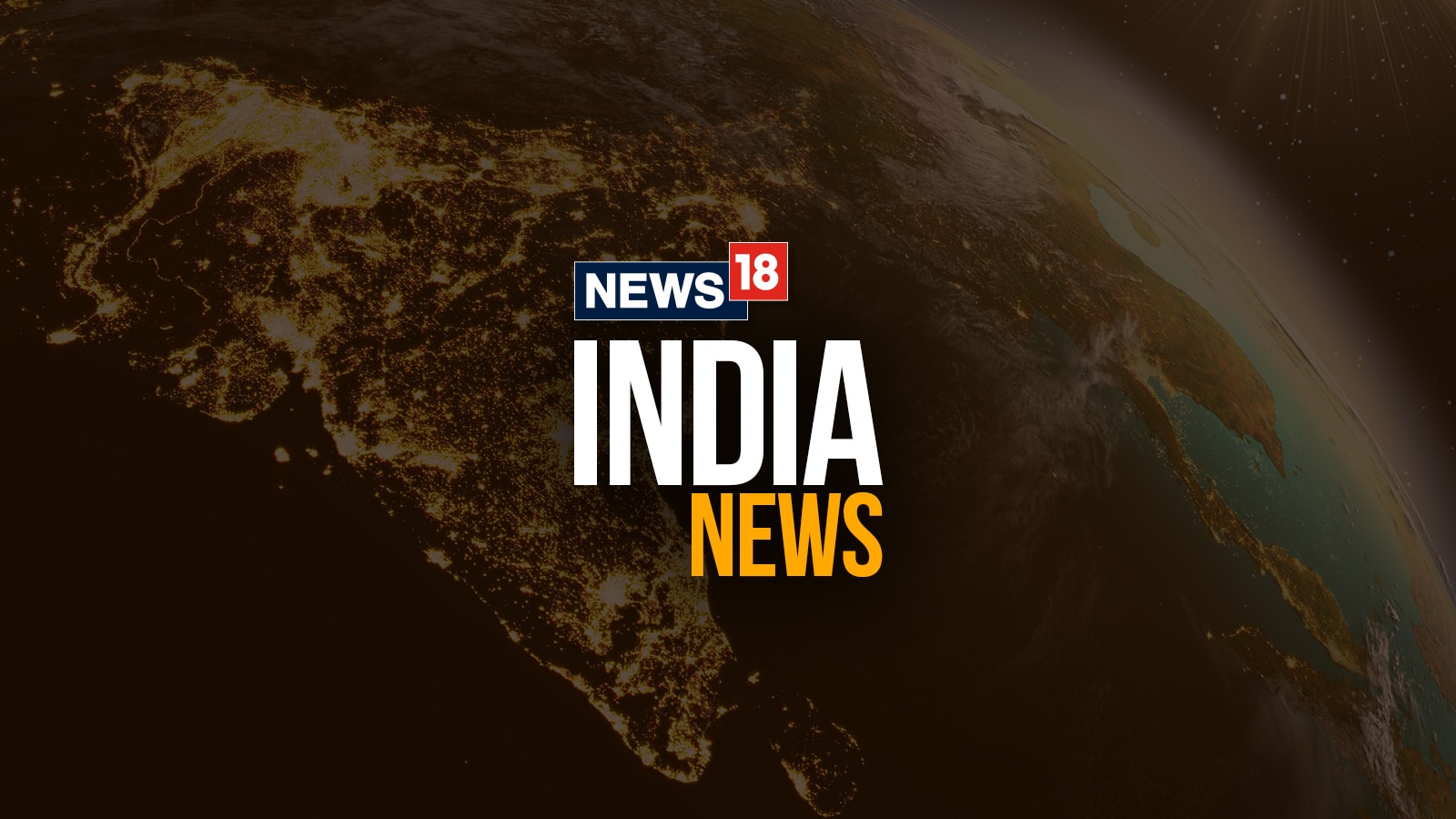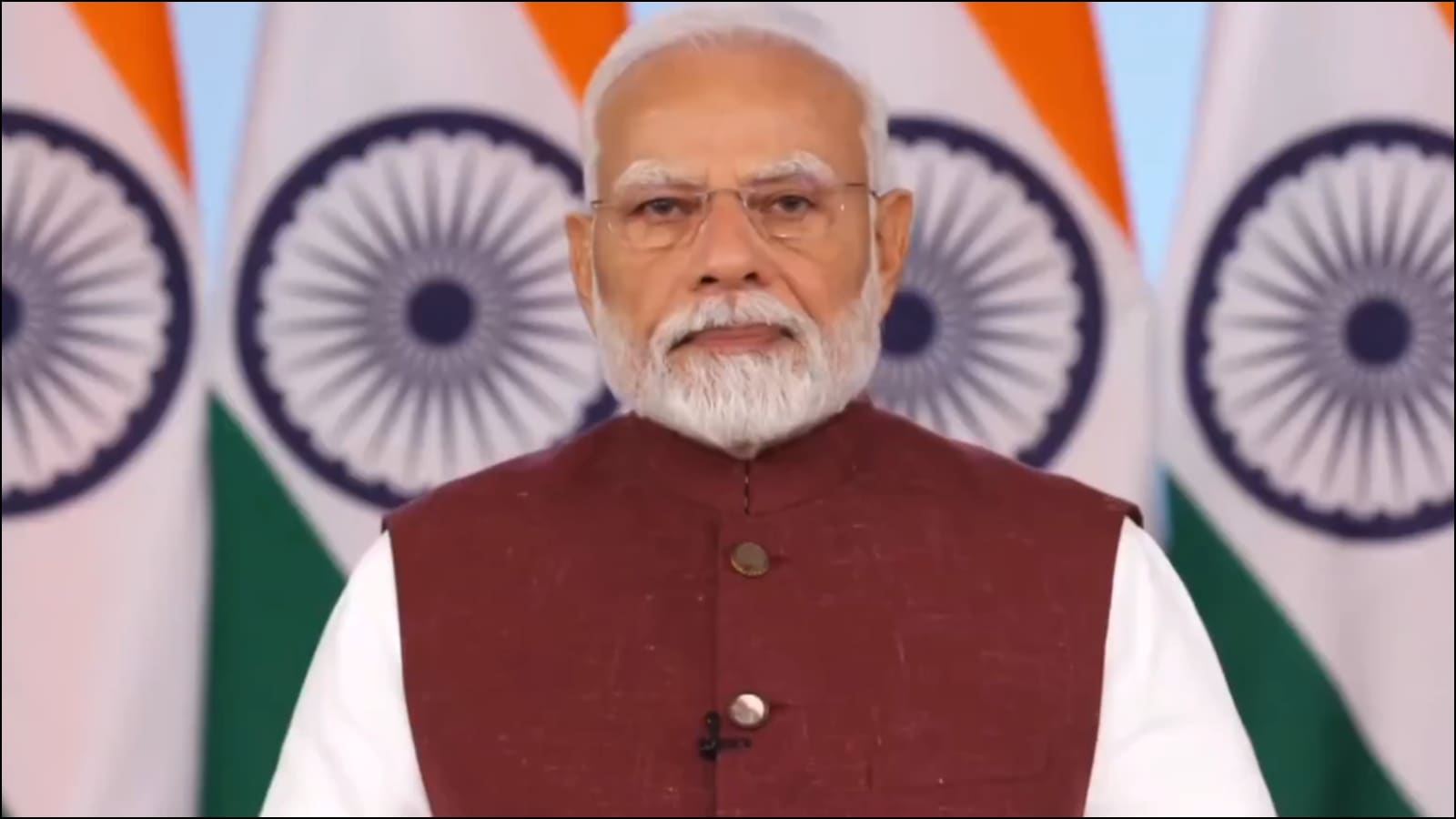President Donald Trump’s mass pardons and commutations for Jan. 6 seditionists, terrorists, obstructionists, and hundreds of other felons dealt a stark blow against the rule of law. The executive action has done what Trump has long accused other countries of doing — flooded America’s streets with dangerous criminals.
Trump’s clemency spree wiped the slate clean for violent actors, including those who bashed Capitol police during the insurrection. And it’s likely to act as encouragement for militant MAGA factions who think they, too, can now get away with anything. As the Fraternal Order of Police put it in a rare statement blasting Trump: “It sends a dangerous message that the consequences for attacking law enforcement are not severe, potentially emboldening others to commit similar acts of violence.”
Pardoned seditionists are already flexing in public. Enrique Tarrio, the Proud Boys honcho who Trump sprung from 22-year sentence, bragged about the potential for “retribution” on air with Alex Jones. Trump, meanwhile, is expressing openness to the idea that Proud Boys and the Oath Keepers militia could have a role in the national “political conversation,” telling a reporter: “We’ll have to see.”
Criminal sanction, however, is not the end-all, be-all of accountability. In the wake of the deadly Unite the Right rally in Charlottesville in 2017, there were few arrests and prosecutions. But civil litigation, specifically in the case of Sines v. Kessler, offered a different avenue for justice, subjecting the Charlottesville organizers to a humbling public accounting of their violent acts and dark motivations, and ultimately their liability for civil conspiracy, resulting in a 2021 jury award more than $25 million. (Though it’s still in the millions, that award has been significantly reduced.) The trial was chronicled in the HBO documentary No Accident.
Rolling Stone spoke to two prominent attorneys in that case, Mike Bloch and Ben White, who are now partners at the firm Bloch & White, about what the Trump pardons portend for the next four years, and the role civil suits can play in backstopping what’s likely to be — at least in the context of prosecuting extremists — a dysfunctional Department of Justice.
The transcript that follows has been edited for length and clarity.
Rolling Stone: What did you make of Trump’s pardon spree?
Mike Bloch: It is disheartening. This blanket support for extremists will only add fuel to the fire. The animating principle for Trump’s pardons — like most other things Trump does — is whether the people pardoned were Trump supporters. I’m not surprised to see that he issued such a sweeping, blanket pardon for folks who explicitly conceived of themselves as Trump’s army.
RS: There had been some talk about how these pardons were going to be case-by-case. But then it came down that Tarrio — the Proud Boys leader with the longest Jan. 6 sentence — got a full pardon. Along with 1,500 others. This was the full monty version. Cop bashers and all.
Ben White: I’d had some hope that there would be individuation. I had thought — given some statements made by now Vice President Vance — that certainly these [top] folks weren’t going to be considered for pardons. And Trump even pardoned those. It was dismaying. We see some of the reactions from Republican lawmakers, unable to defend it, expressing their surprise that he went as far as he did.
RS: Some of these guys had terrorism enhancements on their sentences. What does releasing these folks back to the general public augur for the next four years?
MB: The biggest concern is the message that it sends to white nationalists and white supremacists, that they once again have a friend at the highest levels of power. The defendants in our case were very open about the fact that there would have been no Charlottesville without Trump. And to kick off the new administration with a full-throated support of extremists absolutely will embolden them in the same way. You already see jubilant responses on Telegram and other social channels. Right-wing extremists, generally, will feel the same sort of support they felt in [2017], when they felt comfortable openly committing a conspiracy to commit racially motivated violence in an American city.
RS: To give some texture to what you’re saying, the Proud Boys’ Telegram channel right now says: “We are so fucking back!” Tarrio’s handle now calls himself “Chairman Elect.” He’s talking with Alex Jones, talking about helping Trump lock in changes that will last 100 years. The message there is not subtle. Is there an opportunity now for civil litigation against some of the J6 folks to take the wind out of their sails?
MB: We expressly brought the Charlottesville litigation to fill a gap left by [then-Attorney General Jeff] Sessions’ Justice Department. Private causes of action — given this current administration — will be equally important as a front line of resistance. Because there’s equal reason to worry that the [criminal enforcement] priorities of this administration will leave a huge gap to be filled by private litigants who want to stand up against it.
BW: Civil litigation does have a deterrent effect. We saw some of that after the Charlottesville verdict came down: an impact on some of the key perpetrators. The free-wheeling nature of their communication, as a group, diminished, not only as the case happened, but as the case closed.
RS: Let’s take the cop bashers, who are now free on the streets. Is there an opportunity to go after them in civil court?
BW: That it will depend first and foremost on statute-of-limitations concerns. But given the breadth of their misconduct, there are lots of available avenues. And some statute-of-limitation periods are longer than others — especially when you’re dealing with the serious nature of the charges these guys faced. And to be very clear, a pardon or a commutation is by no means an expression of innocence or non culpability. In fact, it can be just the opposite. It’s something that civil litigants on the plaintiff side can rely on to show just how culpable [the defendants] are.
RS: Can we talk about big-dollar judgments in civil cases? I was just writing about a Patriot Front civil case, where that white nationalist group got hit with a $2 million judgment for beating up a black musician in Boston during one of their marches. But then I had a prominent right-wing lawyer come jump into my mentions — talking about how it’s impossible to collect on these people. The Charlottesville judgment was initially $25 million. How does the collections process work on extremist groups that, for the most part, don’t have bank accounts?
MB: The Charlottesville case itself has been on appeal. The damages were reduced, post-trial, by the trial court, and then the Fourth Circuit bumped it up a little bit higher. As far as I’m aware, collections efforts have not started in earnest because it’s still in litigation. It certainly is a challenge collecting — particularly from individuals and groups who don’t have much money to begin with.
But the deterrent effect can be compelling. I would just note that none of the defendants in the Charlottesville case, as far as we’re aware, attended Jan. 6 — which we’ve always been pretty proud of. And the process itself can be a huge deterrent. Having a trial that publicly airs exactly what these defendants did; having to sit and face cross examination for days about exactly what they did; and then having a jury of their peers openly announce that what they did was against the law; and then having a judgment that also will hang over your head — that entire process can be incredibly effective at deterring future behavior.
RS: There’s an element of discovery and public transparency in civil litigation — does that help unwind these groups or make them less effective?
MB: One of the biggest goals of the Charlottesville litigation was to air publicly what actually was going on: that white supremacist groups are not just espousing a different, albeit hateful, message. Rather, they also care deeply about violence. And that violence is a tactic of white supremacist groups. That’s the kind of thing that can only really be exposed in civil litigation because — because plaintiffs have tools to compel documents and testimony that you don’t get in any other form of resistance. I think that should be a focus going forward.
RS: To be direct, are you guys thinking about trying to collect plaintiffs for another Charlottesville-type lawsuit based on Jan. 6? Or are you thinking more prospectively?
BW: Mike and I try to use the Sines v. Kessler case as an example of the way in which the civil litigation system can punish atrocities that otherwise go unpunished. That lesson is particularly apt here, especially in connection with the recent pardon activity. You have a group of people that are going unpunished after engaging what everyone would agree is a quite-violent atrocity.
MB: We started our firm two-and-a-half years ago, after the Charlottesville trial, to be able to bring more impact cases against extremists and other civil-rights violators. It was the Trump election that led to Charlottesville, that wave of litigation. And now we feel like we’re back in the same boat. It’s going to be another, unfortunately, target-rich environment. Our hope is to be on the front line of the new wave of resistance.
RS: Beyond the pardons, as you watch extremist energy build around the new Trump administration, what are your concerns?
MW: Here we go again. Unfortunately, you can expect to see more events like Charlottesville. It starts with the jubilation you see from Proud Boys right now on Telegram — it is exactly the kind of messaging that we saw in [leaked] Discord [chats] in the summer of 2017. It’s a ominous start to the administration.
BW: I agree with all of that in terms of it being terrifying. But I think people will be as equally motivated to push back. These [pardoned] individuals were not vindicated. They broke the law, and there are tools to enforce law breaking — through civil litigation, through state court, through methods that can’t be impacted by fiat, or by executive order.
This is Trump’s last term in office. So as a practical matter, [those pardoned] shouldn’t be overly confident that Trump will be their savior, forever and always. Or think that they have a lifetime, get-out-of-jail-free card — or lifetime get-out-of-liability-or-consequences card — just because they happened to attract the president’s attention, in self-serving ways, on his first day in office.





